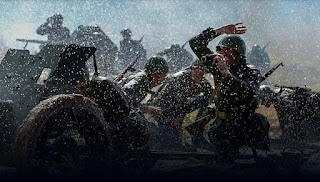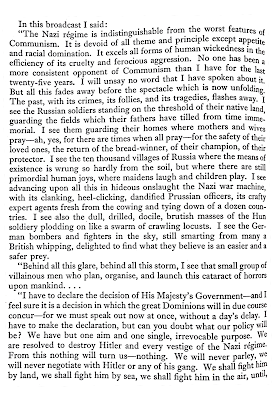When I was a young man, I lived and worked in Amsterdam for three years as an art teacher before leaving Holland to try to freelance in Paris. (Another story).
One late night on the outskirts of Amsterdam, not sure of the way home, driving slowly in my old Standard Eight I had just imported from England, someone drove at full speed from the right and hit my car (right hand drive) bowling it over, missing me by maybe a few centimetres and pushing the right side back door almost against the interior of the left side back door. The steering column ended up in the middle of the car.
I remember feeling embarrassed because someone was dabbing my head with maybe a handkerchief. I wanted to drive off but couldn’t find the ignition. Then I passed out.
I woke up in hospital where I had to stay for several weeks. I had very severe concussion.
Days went by. A friend bought me my guitar, and in a bed opposite me there was a young musician about my age who helped me improve my playing, by citing chords, etc. to accompany chosen melodies.
On my right there was a boy who had been hit by a lorry. His face was in a terrible mess, but incredibly, in about two weeks, his face was almost normal again. I marvelled at the wonder of natural, healing powers.
I was young and stupid then. I flirted with one of the nurses, and even persuaded myself that I had some success.
The most moving, unforgettable experience in that ‘ziekenhuis’ was that opposite me further to the left was a young man who was paralysed, perhaps also the results of an accident. He lay in a special, basculating bed.
When I could move a little, I went over towards him. We must have talked. Maybe he invited me to play chess, so we did. He told me the moves he wanted to make in function with mine.
He played very well. He kept winning. But as days went by it became noticeably more difficult for him to win. I tried to make up for it by making moves that were not the best. He was immediately aware of this and angrily scolded me. So I did as he preferred and started winning.
He was tired. He never complained. He died peacefully. This was so many years ago, yet I’ll never forget this good looking, young man with whom I had the honour of playing chess.
The nurses were heart broken although they knew it was inevitable. Never in my life have I seen such an openly emotional reaction of nurses following the passing away of a patient. But this man was very special. No doubt it’s why I still clearly remember him today.
Maybe because he also gave me a precious gift of exemplariness. Strength, dignity, humility and peaceful acceptance. A memory that still gives me sacred, spinal signals, so many years later.












